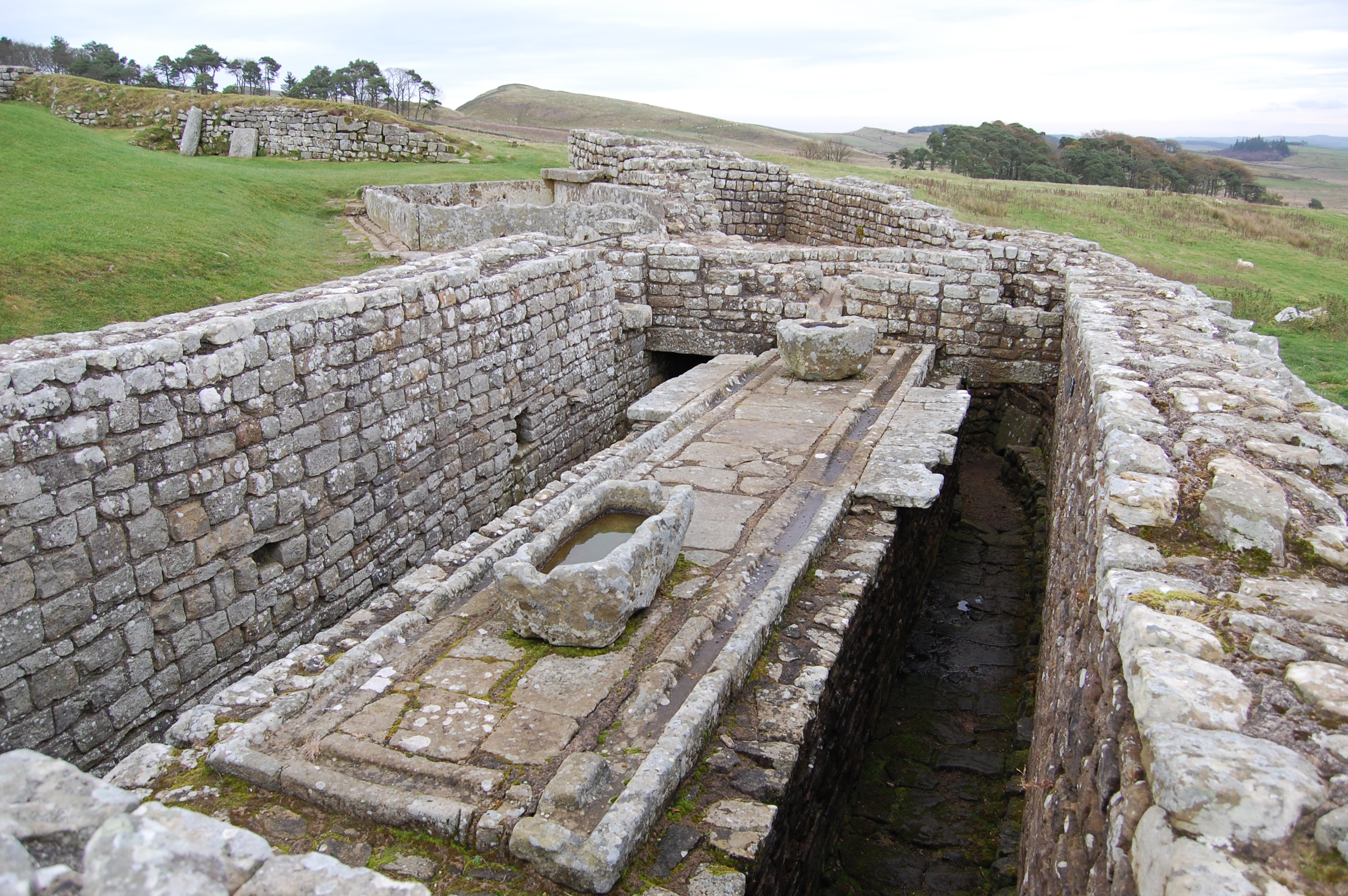Cuneus Frisionum on:
[Wikipedia]
[Google]
[Amazon]
 ''Cuneus Frisionum'' or ''Frisiorum cuneus'' are the names of units of Frisian auxiliaries in the
''Cuneus Frisionum'' or ''Frisiorum cuneus'' are the names of units of Frisian auxiliaries in the
 ''Cuneus Frisionum'' or ''Frisiorum cuneus'' are the names of units of Frisian auxiliaries in the
''Cuneus Frisionum'' or ''Frisiorum cuneus'' are the names of units of Frisian auxiliaries in the Roman army
The Roman army () served ancient Rome and the Roman people, enduring through the Roman Kingdom (753–509 BC), the Roman Republic (509–27 BC), and the Roman Empire (27 BC–AD 1453), including the Western Roman Empire (collapsed Fall of the W ...
.
Two memorial stones in Housesteads
Housesteads Roman Fort was an auxiliary fort on Hadrian's Wall, at Housesteads, Northumberland, England. It is dramatically positioned on the end of the -long crag of the Whin Sill over which the Wall runs, overlooking sparsely populated hil ...
, Hexham
Hexham ( ) is a market town and civil parish in Northumberland, England, on the south bank of the River Tyne, formed by the confluence of the North Tyne and the South Tyne at Warden nearby, and close to Hadrian's Wall. Hexham was the administra ...
, England mention the name. They were engraved by soldiers from Twente
Twente ( , Tweants dialect: ''Tweante'') is a region in the eastern Netherlands. It encompasses the most urbanised and easternmost part of the province of Overijssel. Twente is most likely named after the Tuihanti or Tvihanti, a Germanic people ...
(Tuihanti) in the 3rd century between 222 and 235, and are dedicated to Mars Thingsus. They were discovered in 1883. One is from a pillar shaped altar and the other from a smaller altar; they are engraved in badly written Latin:
:DEO MARTI ET DVABVS ALAISIAGIS ET N AVG GER CIVES TVIHANTI CVNEI FRISIORVM VER SER ALEXANDRIANI VOTVM SOLVERVNT LIBENTES M
and:
:DEO MARTI THINCSO DVABVS ET ALAISAGIS BEDE ET FIMMILENE ET N AVG GERM CIVES TVIHANTI VSLM
They mean "To the god Mars and the two Alaisiagae
In Romano-British culture and Germanic polytheism, the Alaisiagae (possibly "dispatching terrors" or "all-victorious") were a quartet of Celtic and Germanic goddesses deifying victory.
Centres of worship
The Alaisiagae were Celtic deities and ...
, and to the divine power of the Emperor, the Germanic tribesmen of Tuihantis of the formation of Frisians of Vercovicium, Severus Alexanders's own, willingly and deservedly fulfilled their vow." and "To the god Mars Thincsus and the two Alaisiagae
In Romano-British culture and Germanic polytheism, the Alaisiagae (possibly "dispatching terrors" or "all-victorious") were a quartet of Celtic and Germanic goddesses deifying victory.
Centres of worship
The Alaisiagae were Celtic deities and ...
, Beda and Fimmilena, and the divine power of the Emperor, Germanic tribesmen from Tuihantis willingly and deservedly fulfilled their vow."
There are various possible explanations as to why the Tvihanti would be referred to as Frisians, as they were a separate tribe. They may have considered themselves to be Frisian affiliates, they were hired by Frisians on this mission, or, as it is likely that the Tuihanti themselves were illiterate and hired a Roman engraver, the engraver likened them to Frisians.
References
{{reflist 235 Buildings and structures completed in the 3rd century 1883 in England History of Frisia Buildings and structures in Northumberland Hadrian's Wall Military history of Roman Britain